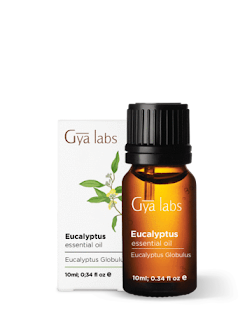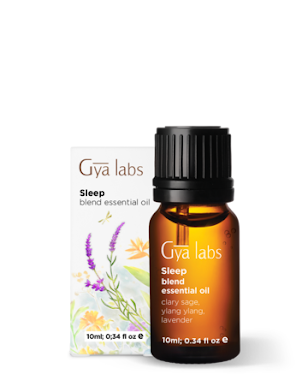How To Use Vetiver Oil
Vetiver essential oil is well-known on the Indian subcontinent. People may not recognise it by the term "vetiver" because it is often known as "khus" or "khus-khus." Essential oil is a concentrated liquid derived from a plant that contains volatile aroma components. As the name implies, Vetiver essential oil is obtained from Vetiver, a perennial grass native to India. The essential oil of vetiver is extracted by steam distilling the roots of the plant. It smells strongly like wood, smokiness, and earthiness. It's commonly used in perfumes, cosmetics, and soaps, as well as as a flavouring ingredient in beverages. The many benefits of vetiver essential oil can be harnessed and experienced in a variety of ways. Some people inhale it directly, while others use it in combination with a skin-friendly carrier oil or by diffusion. Here's how to get the most out of this natural extract's earthy and grounding properties. Also Read : myrrh essential

